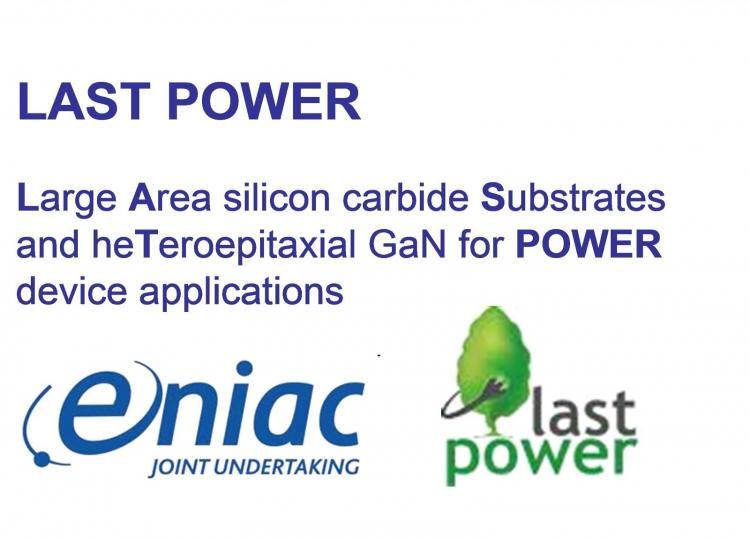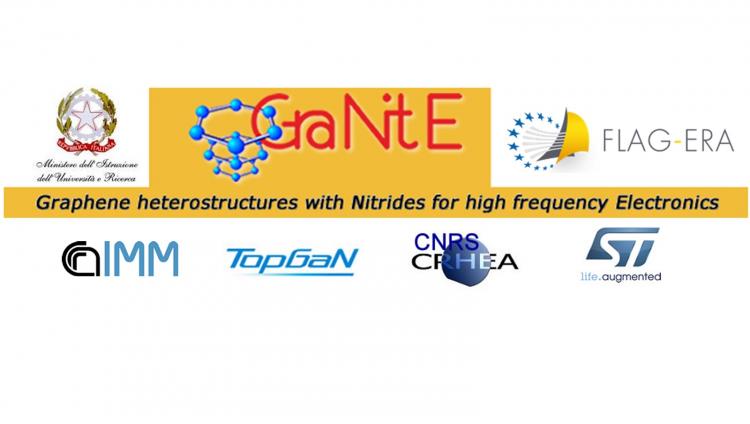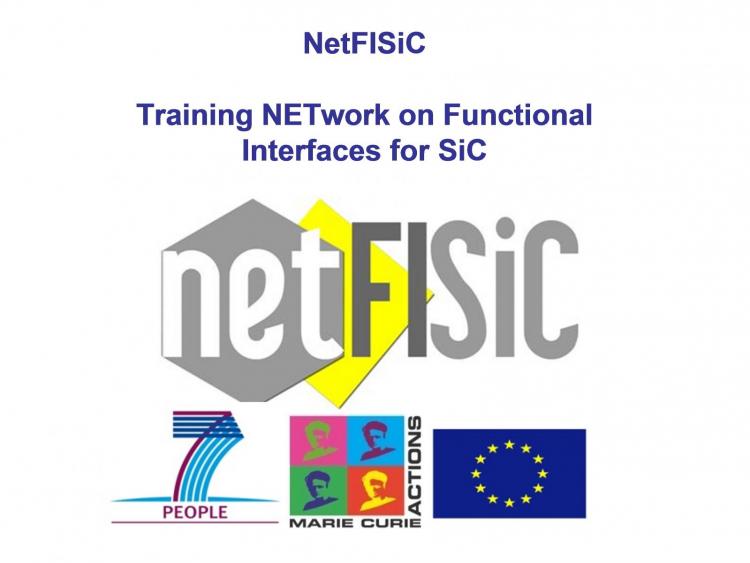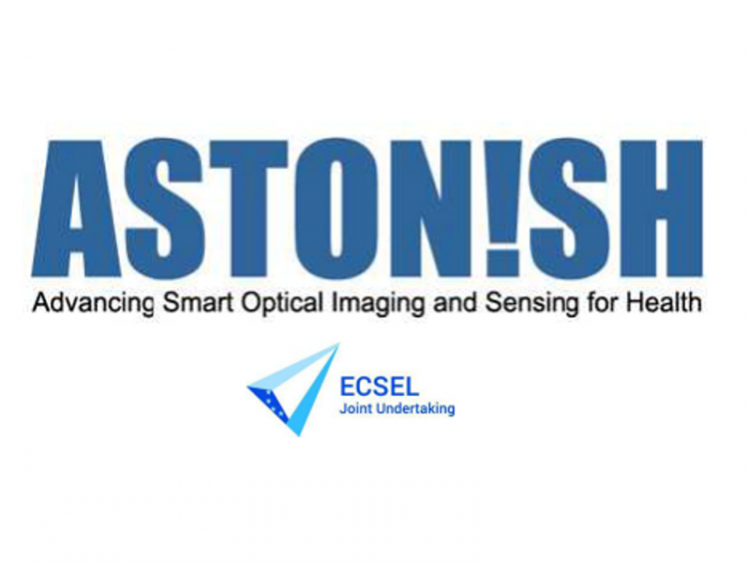The PECSYS project seeks to demonstrate a system for the solar driven electrochemical hydrogen generation with an area >10 m² and a solar-to-hydrogen efficiency of >6% that is stable for six month and showing a degradation below <10%.
Project Description
Photovoltaics driven stand-alone water electrolysis for hydrogen production is a promising arrangement to provide both electricity and heating to residential and small commercial consumers. State of the art photovoltaic- electrochemical (PV-EC) systems use a separate PV module array which is connected by wires to the EC electrolyser. However, where restrictions on footprint apply, integrated wireless PV-EC water electrolysis systems are an attractive solution. Up to date, integrated wireless PV-EC water electrolysis has only been demonstrated on a laboratory scale. The PECSYS project is aimed at demonstrating an operational PV-EC system measuring at least 10 m² with a solar to hydrogen (STH) efficiency of at least 6 % supporting a hydrogen production of at least 16 g/h at a levelised cost of €5/kg. The system is also expected to operate continuously under outdoor conditions with an STH efficiency loss of less than 10% relative after six months.
The consortium shall approach the problem by testing the performance of PV-EC systems on a laboratory scale (up to 25 cm²) based on thin film silicon, silicon heterojunction and CuInGa(Se,S)2 PV absorbers. Different sealing and integrated device architecture concepts shall also be developed and tested. Using a stage gate elimination process, the more promising laboratory scale devices that show long term stability shall be scaled to a prototype size of at least 100 cm². The prototype devices shall be used to refine the modular concept that shall eventually be used in the ultimate 10m² demonstrator. The consortium comprises complementary expertise covering the whole technology readiness spectrum from basic material research through to device and prototype design right up to PV module production.
The project is anticipated to increase awareness of the technical and economic benefits of such a system among the general public and manufacturing companies, who are the prospective users and producers, respectively. The results and knowledge acquired from the project would provide an additional alternative for carbon neutral generation and improve the competitiveness of European PV and electrolyser manufacturers who would benefit from value added to their products.
The project has received funding from the Fuel Cells and Hydrogen 2 Joint Undertaking under grant agreement No 735218. This Joint Undertaking receives support from the European Union’s Horizon 2020 Research and Innovation programme and Hydrogen Europe and N.ERGHY.
A video of the demonstrator operation:
Coordinator for CNR-IMM: Dr. S. Lombardo






